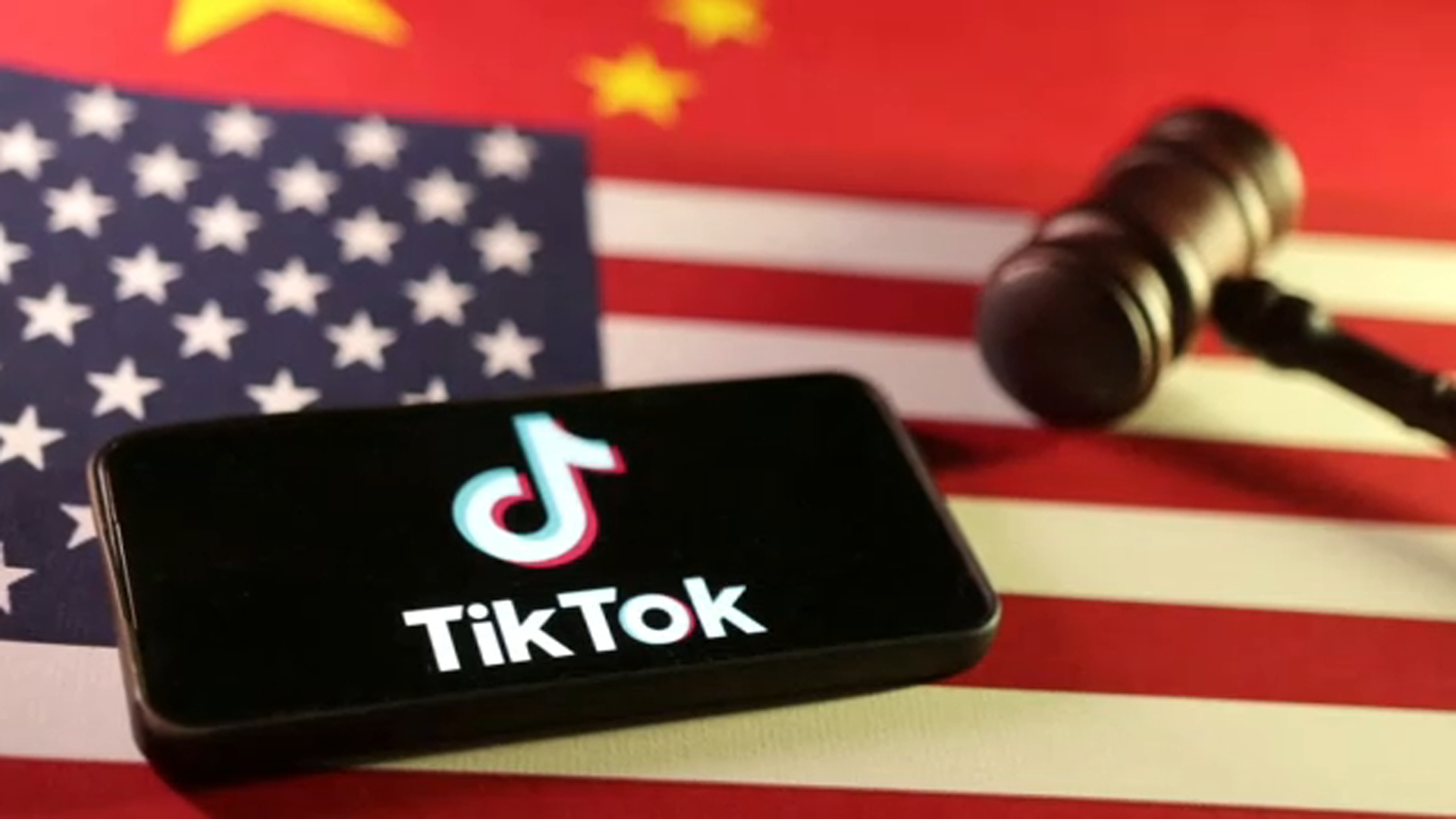TikTok, the popular social media platform owned by Chinese tech company ByteDance, is facing renewed pressure from the U.S. government to separate from its Chinese ownership. A new deadline has been set for the app to divest its ties to ByteDance, in a move aimed at addressing national security concerns surrounding data privacy and potential influence from the Chinese government.
The push for a forced divestment is part of an ongoing saga that has seen TikTok battle scrutiny from U.S. lawmakers and regulators, who worry about the app’s ability to collect vast amounts of personal data from American users and its potential to be used for Chinese espionage. TikTok, which boasts millions of active users in the U.S., has repeatedly denied these allegations, claiming that it operates independently and stores data outside of China.
Background on the Issue
The security concerns surrounding TikTok have been mounting since 2019, with the U.S. government calling for a ban on the app over fears that user data could be accessed by the Chinese government. The Trump administration made multiple attempts to force TikTok to sell its U.S. operations to an American company, but the legal challenges and political hurdles delayed a resolution.
The Biden administration, while taking a more measured approach, has continued to express concerns about the app’s data practices and its ties to China. In 2023, the U.S. Department of Commerce launched an investigation into TikTok’s data security, and lawmakers have been vocal in their calls for a ban if the app cannot sufficiently address these issues.
The Pressure on ByteDance
The new deadline for TikTok to sever its ties with ByteDance comes as the app faces even stronger political headwinds. U.S. lawmakers, particularly those with national security interests, are determined to ensure that TikTok is no longer under the control of a Chinese entity. The decision to demand a divestment stems from concerns that the Chinese government could use the app to access sensitive user data, or potentially manipulate content to advance political or ideological goals.
TikTok has taken steps to ease these concerns by proposing solutions such as “Project Texas,” which involves moving all U.S. user data to American soil and hiring a team of U.S.-based security experts to monitor and protect the data. However, these efforts have not been enough to completely satisfy U.S. regulators, who insist that TikTok’s Chinese ownership creates an inherent risk.
The Future of TikTok in the U.S.
The looming deadline and the pressure for a divestment have sparked a new round of uncertainty for TikTok’s future in the U.S. If the company fails to comply with the U.S. government’s demands, it could face further restrictions, including a potential ban in the country. This would have a significant impact not only on TikTok’s U.S. operations but also on its global business, as the platform continues to grow and expand worldwide.
For TikTok users, the situation is increasingly precarious. The app has become a key part of daily life for millions of Americans, with many creators relying on it for income and exposure. A potential ban or forced sale of the app could drastically alter the social media landscape.
As the deadline approaches, all eyes will be on both TikTok and the U.S. government to see if a resolution can be reached or if TikTok’s days in the U.S. could be numbered. The outcome of this battle over national security and tech ownership will have far-reaching implications for the future of global digital privacy and corporate control in the tech world.







Leave a Reply